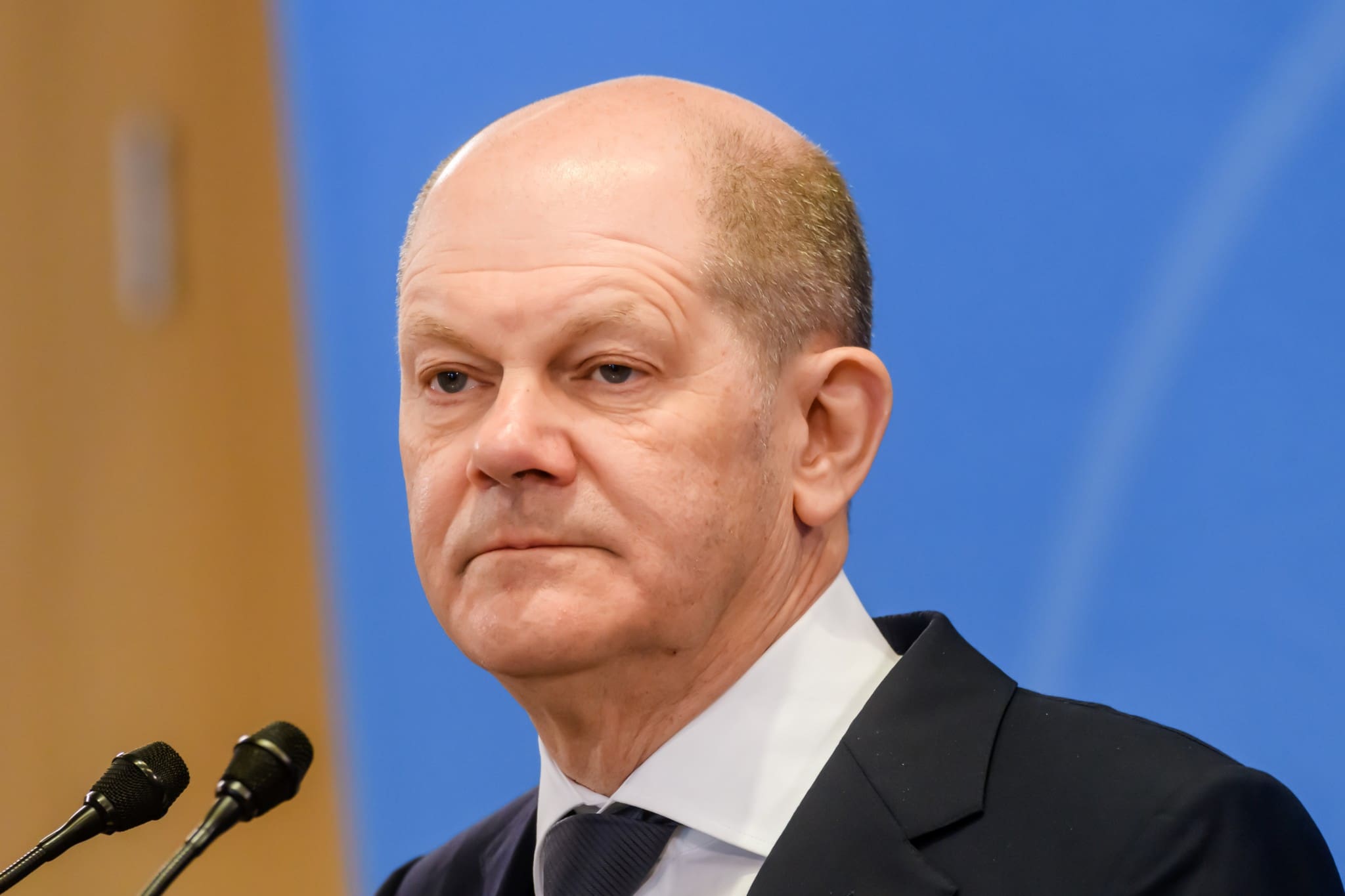German leader, Chancellor Olaf Scholz, laughed off the possibility of providing seniors with a pension inflation bonus, telling an audience that the cost is far too great. The claim that the costs are too great to support seniors on meager pensions follows unprecedented spending from Germany’s left-wing government on weapons for Ukraine and social benefits for migrants.
As poverty rises in Germany, seniors on fixed pensions, known as “Rentner” and “Rentnerinnen,” have been hit especially hard. There are different categories of pensions in Germany, with those earning a higher pension, such as doctors and professors, receiving a far higher sum than those in the “Rentner” class. Those receiving smaller pensions, which totals millions of German seniors, are more acutely affected as rising costs for food, housing and energy eat into their income at a far faster rate.
[pp id=66839]
More and more people are therefore demanding an inflation bonus for this vulnerable group totaling €3,000. Federal Chancellor Olaf Scholz had not yet commented on these demands, but finally addressed the topic for the first time at a citizens’ dialogue in Bendorf in Rhineland-Palatinate. When asked about an inflation bonus for pensioners, the chancellor reportedly laughed. He then said: “Well, multiply the number of millions of pensioners by 3,000 – and then sit down very slowly. That’s quite a sum of money.”
Approximately 4.5 million seniors in the “Rentner” category survive on €1,500 a month.
Germany spends tens of billions on Ukraine, migrants, and climate protection in India
As of March 2023, Germany has sent Ukraine at least €14 billion in weapons and aid shipments, which was six months ago. Since then, that figure has risen to €22 billion and is only expected to rise over time. It must also be noted that due to sanctions on Russia, which is tied to the war in Ukraine, there has been an enormous increase in the cost of energy in Germany, which has not only eaten into the pocketbooks of households but also led to an increase in bankruptcies and a recession in Germany.
In addition, the German federal government plans to spend €36 billion on migrants in 2023, which includes housing, social benefits, and education, but that figure is likely a lowball estimate, as there are numerous hidden costs as well, such as millions more spent for police and security at German swimming pools to protect against migrant assaults and sexual violence.
[pp id=68785]
The German government also proudly announced that India will receive €10 billion over the next 10 years on its own website, writing: “With the new Indo-German Partnership for Green and Sustainable Development signed by Prime Minister Modi and Chancellor Scholz at the 6th Indo-German Intergovernmental Consultations in Berlin on 2 May 2022, this cooperation has been uplifted to a new level, with Germany announcing to provide additional funds of Euro 10 billion for the next 10 years.”
India just sent its first space probe to the Moon, a feat Germany still has not accomplished.
In addition, some critics online have joked that “retirement at 30” in the form of welfare payments, known as “a citizen’s income” was just raised by approximately €50 billion.
In short, the funds are theoretically there for seniors, they are just going to other priorities. At present, Germany’s booming elderly population is suffering from poverty at a high rate. Federal government data published under a request from several Alternative for Germany (AfD) lawmakers revealed that 28.1 percent of the German elderly are at risk of poverty, a figure that is higher than the EU average of 27.4 percent and far greater than its Western European neighbors of France (19.1 percent), Belgium (17.4 percent), and Luxembourg (9.3 percent).





